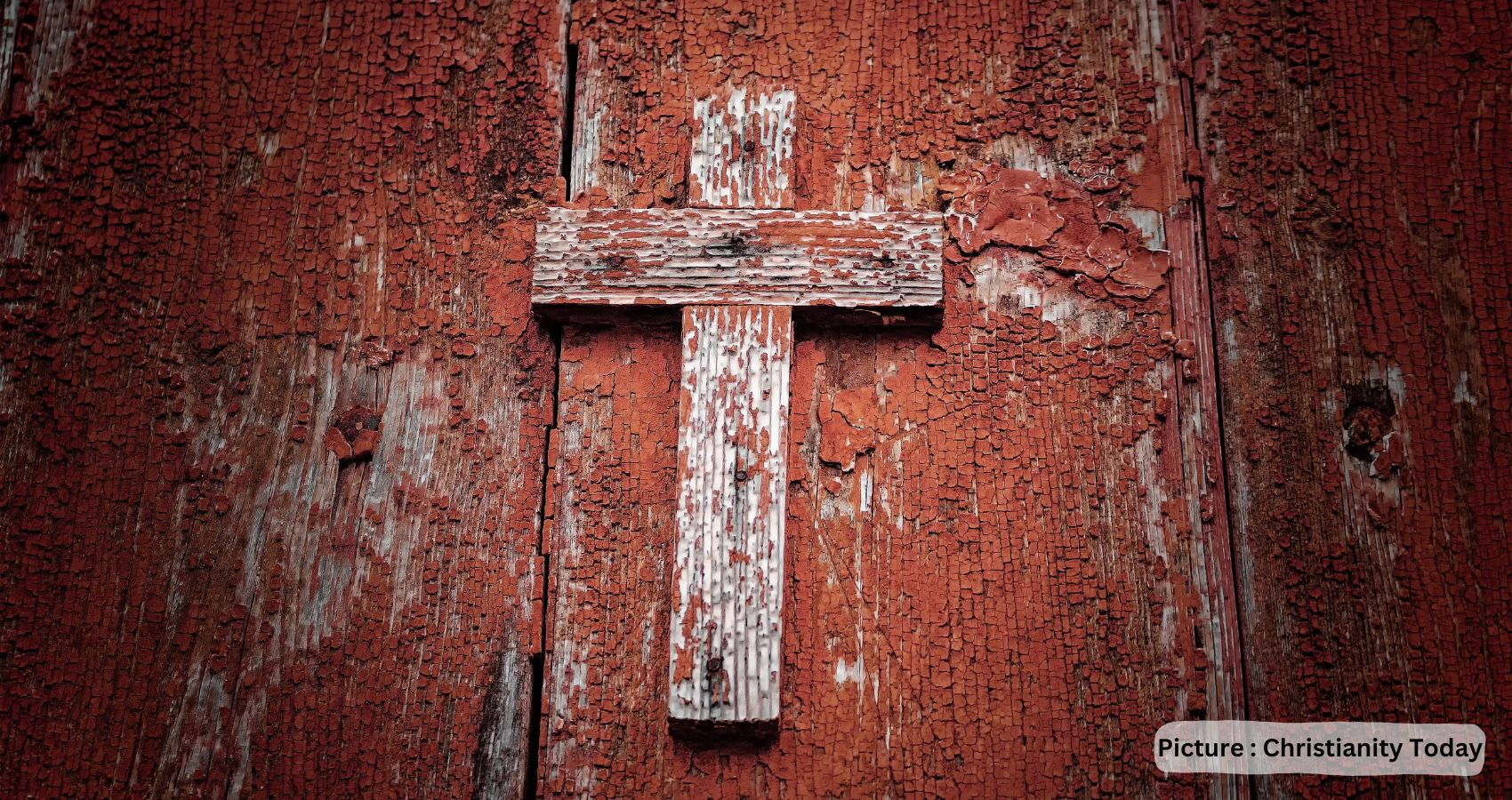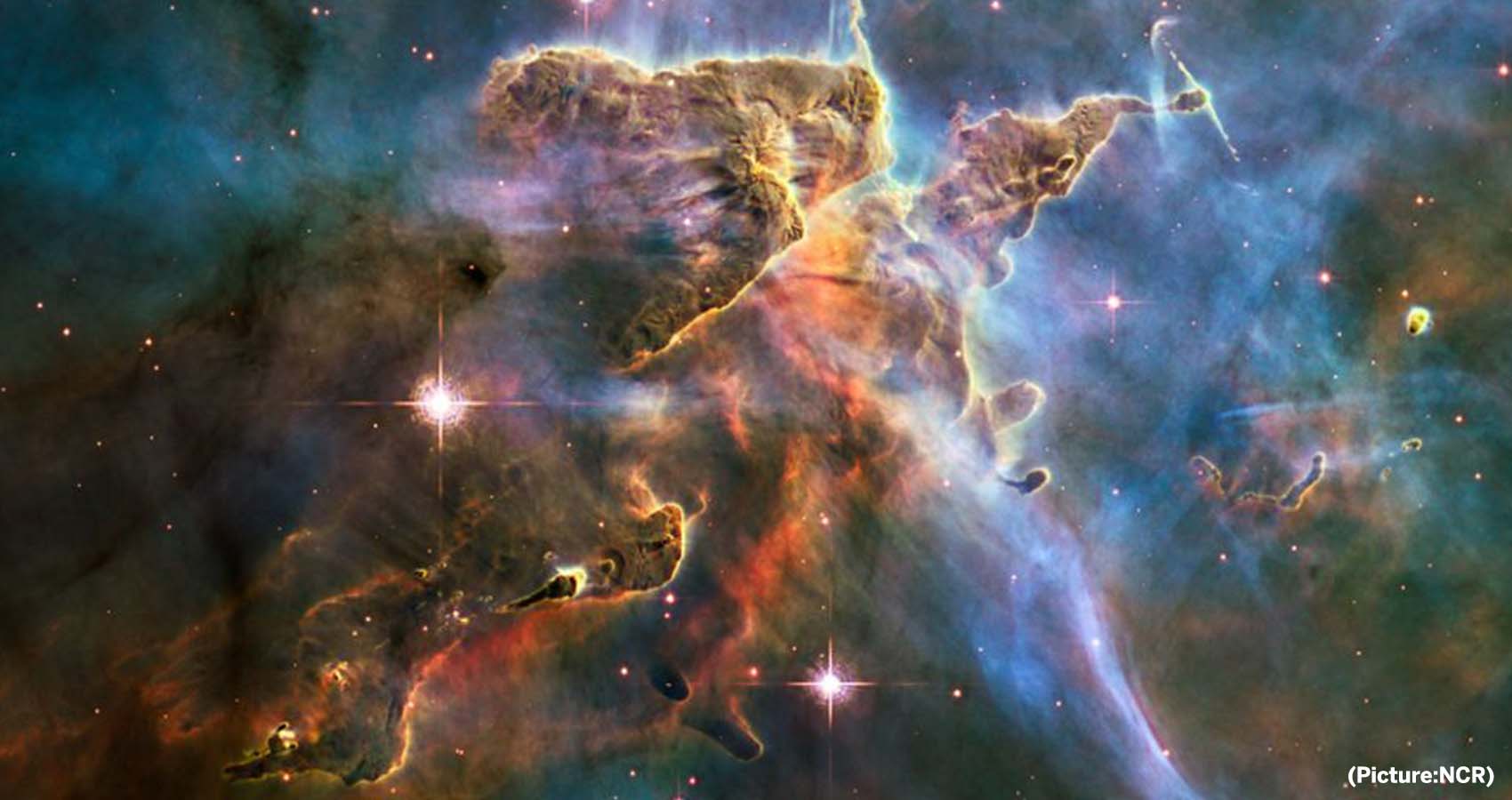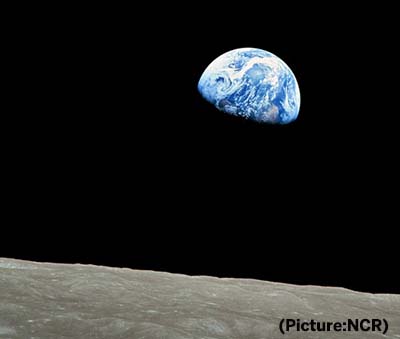(RNS) — During Holy Week, we are called to keep our eyes on Jesus as he follows the path that leads him to the Golgotha and death on the cross. When I was growing up in the 1950s, preachers used to emphasize that Christ was dying for our sins. Our sins — any sins — were so offensive that it took the suffering and death of Jesus to balance the scales, to atone for our sins.
This theology led to feelings of guilt and sorrow for our offenses. More importantly, it led to a great appreciation and love for Jesus who was willing to die for us.
The danger with this approach, if oversimplified, was that it could make God the Father look very vindictive. He would not forgive us unless his son suffered and died for us. This does not sound like the father Jesus described in the parable of the prodigal son.

Jesus never presents his father as a vindictive judge who can only be satisfied by the suffering and death of his son. Rather, Jesus tells us that his father is loving, compassionate and forgiving. Jesus tells us that his father does not want vengeance but only that we respond to his love by loving one another as brothers and sisters. Jesus saves us by incarnating the faithfulness of God to us, even to death on a cross.
A more nuanced theology, therefore, sees the suffering and death of Jesus not as paying for our sins, but as a consequence of his commitment to the mission that the Father gave him — a mission of preaching love and justice in the world. Jesus died trying to make the world a better place. Too many people, especially religious and political leaders, rejected his message and saw it as a threat to their place in the world. Roman authorities and their Jewish collaborators united to get rid of the threat to their positions.
If we see the life of Jesus in this light, then we can see that Holy Week is not just a single week in the year. Rather, it is the daily life of millions of people around the world who suffer because their consciences tell them to live and work in ways that political and religious authorities find objectionable. They, like Jesus, suffer and die because of their commitments to justice, freedom, peace and love.
We see this in the marked increase in antisemitism in our own country and around the world. Antisemitism is one of the greatest of Christian heresies and sins because it includes a hatred of the Jew Jesus and his closest relatives.
We also see it in the attacks on Christians, other believers and those of no faith who are persecuted for what they believe or don’t believe. Christians in China and India, Muslims in India and Myanmar, religious dissenters in Iran and Saudi Arabia, and people of conscience in far too many countries are suffering for their faith.
But it is not only believers who suffer for following their consciences and taking on a mission of justice. Thousands of journalists are harassed, persecuted, arrested and killed because they speak out with a prophetic voice against injustice, corruption and tyranny. Like Jesus, they are attacked for what they say. They are attacked because they defend the poor and oppressed against unjust rulers and systems.
Holy Week reminds us how soldiers arrested and tortured Jesus. Too often those who are supposed to protect the peace are used as instruments of oppression. The innocent are arrested, police violence is condoned and the powerful are protected.
During Holy Week we remember how Jesus ate a final meal with his friends. They were happy to enjoy his presence when things were going well, but they ran when trouble arrived. Too frequently, we too abandon those who are persecuted, those who are arrested. Rather than focusing on what is going on in the world, like Peter we fall asleep. Holy Week is a time to remember that what Jesus suffered is still going on in our world today.
As Pope Francis said in his Palm Sunday homily, “Christ, in his abandonment, stirs us to seek him and to love him and those who are themselves abandoned. For in them we see not only people in need, but Jesus himself, abandoned.”
By participating in human suffering, Christ made it redemptive, not empty. It leads to life, not death. It does not stay at Good Friday, but moves on to Easter. In baptism, we die with Christ so that we can be raised with him. As members of the body of Christ, our suffering is united with his so that we too will join with him in his victory over death.



 We have learned that our Milky Way is one of 2 trillion known galaxies in the universe. Our galaxy alone has 200 billion stars and most of these stars appear to have planets. The probability of intelligent life somewhere in our galaxy or in another galaxy is high, given these numbers.
We have learned that our Milky Way is one of 2 trillion known galaxies in the universe. Our galaxy alone has 200 billion stars and most of these stars appear to have planets. The probability of intelligent life somewhere in our galaxy or in another galaxy is high, given these numbers.